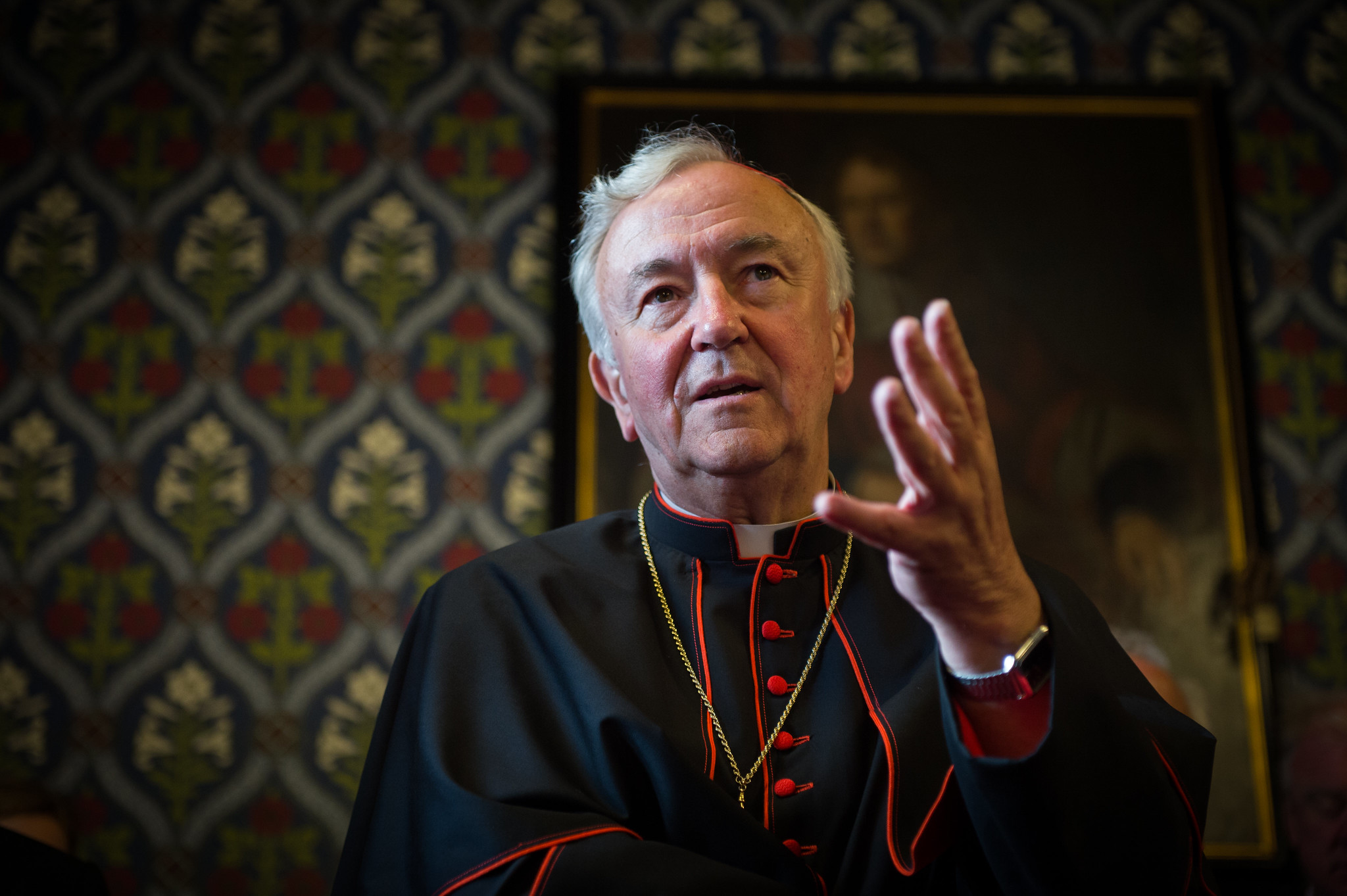Cardinal Vincent Nichols, president of the Bishops' Conference and Archbishop of Westminster, has issued a pastoral letter on assisted suicide that will be read in the churches of his diocese on the weekend of October 12-13.
Referring to a private members' bill on assisted suicide that will be introduced to the House of Commons on Wednesday October 16, the cardinal offers three key points for Catholics to be aware of, and calls on the faithful to be fully engaged in the debate and to write to their MP to oppose assisted suicide being rushed into law.
Slippery slope
"The evidence from every single country in which such a law has been passed is clear," says Cardinal Nichols. "That the circumstances in which the taking of a life is permitted are widened and widened, making assisted suicide and medical killing, or euthanasia, more and more available and accepted."
Be careful what you wish for, he says: "This proposed change in the law may be a source of relief to some. But it will bring great fear and trepidation to many, especially those who have vulnerabilities and those living with disabilities. What is now proposed will not be the end of the story. It is a story better not begun."
A right to die can become a duty to die
The cardinal's second key point examines how removing legislation that?prohibits?an action in favour of introducing a law that?permits and?changes societal attitudes – that which is permitted is often and easily encouraged.
"Once assisted suicide is approved by the law, a key protection of human life falls away. Pressure mounts on those who are nearing death, from others or even from themselves, to end their life in order to take away a perceived burden of care from their family, for the avoidance of pain, or for the sake of an inheritance," says Cardinal Nichols.
"I know that, for many people, there is profound fear at the prospect of prolonged suffering and loss of dignity. Yet such suffering itself can be eased. Part of this debate, then, must be the need and duty to enhance palliative care and hospice provision, so that there can genuinely be, for all of us, the prospect of living our last days in the company of loved ones and caring medical professionals. This is truly dying with dignity.
"The radical change in the law now being proposed risks bringing about for all medical professionals a slow change from a duty to care to a duty to kill."
Being forgetful of God belittles our humanity
His third point is that being forgetful of God belittles our humanity. For people of faith, our life flows from God and is a gift of the Creator. Cardinal Nichols emphasises that suffering is an intrinsic part of our human journey.
"The questions raised by this bill go to the very heart of how we understand ourselves, our lives, our humanity," he says.
"Every human being is made in the image and likeness of God. That is the source of our dignity and it is unique to the human person. The suffering of a human being is not meaningless. It does not destroy that dignity."
One of the fundamental concerns surrounding this bill is that it will give a person of sound will and mind the right to end their life.
"We know, only too well, that suffering can bring people to a most dreadful state of mind, even driving them to take their own lives, in circumstances most often when they lack true freedom of mind and will, and so bear no culpability.
"But this proposed legislation is quite different. It seeks to give a person of sound will and mind the right to act in a way that is clearly contrary to a fundamental truth: our life is not our own possession, to dispose of as we feel fit. This is not a freedom of choice we can take for ourselves without undermining the foundations of trust and shared dignity on which a stable society rests."
This is not a debate that starts and ends next week. Cardinal Nichols concludes by asking Catholics to play an active part in the conversation in the coming months.
"Have discussions with family, friends and colleagues. And pray," he says. "Please remember: be careful what you wish for; the right to die can become a duty to die; being forgetful of God belittles our humanity."
Link to full letter
Cardinal Vincent Nichols: Pastoral Letter on Assisted Suicide
Inform and Act
There are resources on the Bishops' Conference website that explain why we oppose assisted suicide, provide answers to FAQs, enable Catholics to quickly and easily contact their MP, provide resources on hospice and end-of-life care, downloadable A4 posters for parishes and more.

